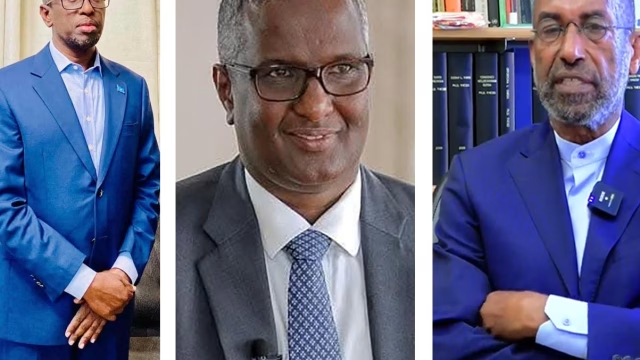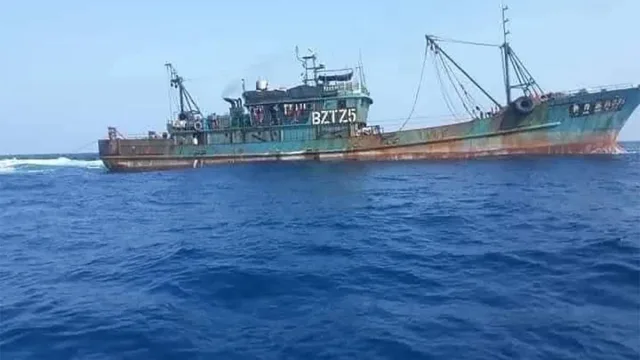Aid workers in Somalia, which faces worsening hunger three years after famine struck the country, believe…

Aid workers in Somalia, which faces worsening hunger three years after famine struck the country, believe the humanitarian system is “rotten” and are hamstrung by fears of being prosecuted for aiding terrorists, an expert said.
Last month, U.N. Secretary-General Ban Ki-moon on a rare visit to the Horn of Africa country said three million Somalis were in need of humanitarian aid.
Aid workers blame drought, renewed fighting and a lack of humanitarian access for the crisis which has raised questions about what has been achieved since a 2011 famine killed 260,000 people.
“We have been struck by a palpable sense of malaise amongst many of the Western humanitarian actors … that the system is rotten,” said Professor Daniel Maxwell from Tufts University’s Feinstein International Center.
“The aid system generally corrupts both recipients and providers,” he told a debate on lessons learned from 2011.
Somalia is attempting to rebuild itself after two decades of civil war and lawlessness, triggered by the overthrow of dictator Siad Barre in 1991.
Despite gains, the federal government still largely relies on an African peacekeeping force to fend off attacks by al Shabaab Islamist militants the United States and others have designated terrorists.
RENEWED WARNINGS
Most Western aid groups are still based in neighbouring Kenya, although there have been efforts to return since the government pushed al Shabaab out of many southern Somali towns.
Delivering aid to Somalia remains a major headache due to violence, kidnapping and corruption. In 2010, a U.N. panel of experts said up to half of food aid to Somalia was being diverted to corrupt contractors, al Shabaab and local staff.
Maxwell said many aid agencies were fearful they would be punished by donors, blacklisted by the United Nations or ruin their reputations if they admitted to aid being stolen.
Under U.S. laws, which criminalise material support to terrorist organisations, inadvertent aid to al Shabaab – for example by paying them the taxes they routinely demand for access to the worst-afflicted communities – could result in 15 years in jail.
Aid workers at the debate organised by Rift Valley Institute researchers agreed they were too late to respond to the 2011 famine and expressed fears the same mistake could be repeated.
The famine, caused by failed rains, conflict and a ban on agencies delivering food in al Shabaab territory, ended in 2012 with better rains and ramped up aid.
In 2014, the same cocktail of drought, conflict and lack of access has sparked renewed warnings from agencies.
Maxwell called for agencies to make more use of indicators of looming disaster like the price of food and livestock.
If rates fell below a certain level, it should trigger an automatic response from aid agencies to start using money already set aside, rather than wait until people are starving.
“Early action actually saves money, it doesn’t cost money. But it requires that money be sitting there and be ready to go,” Maxwell said.


